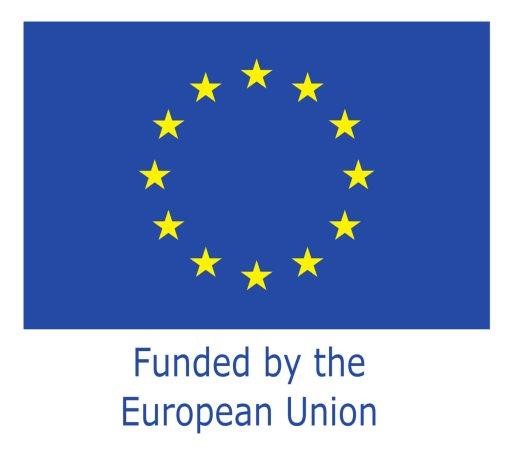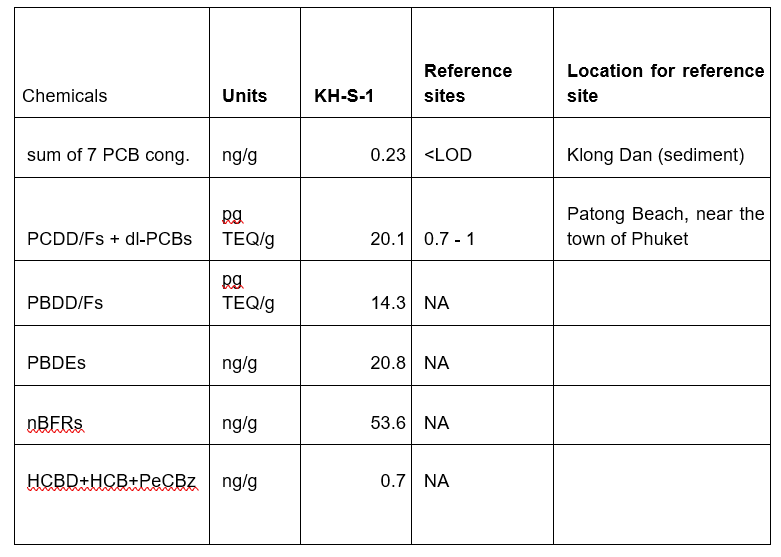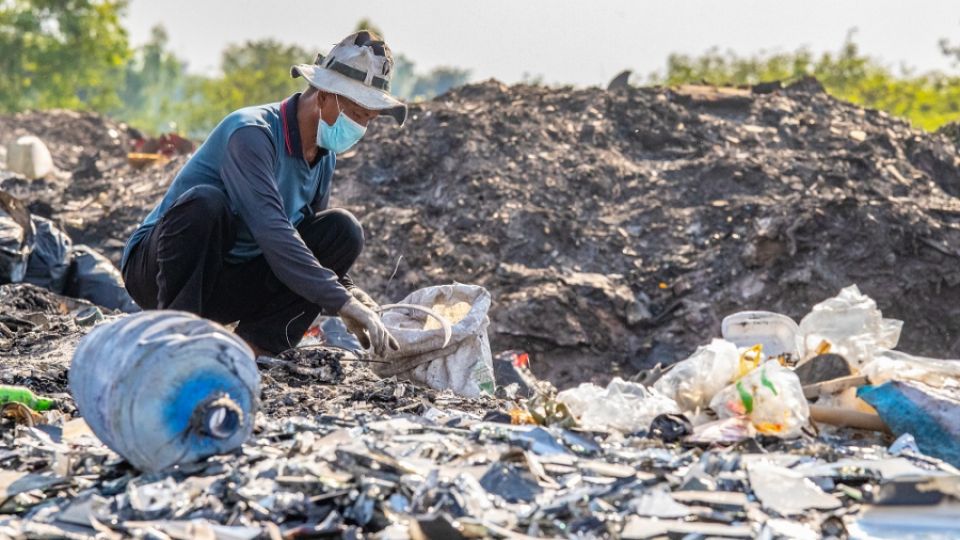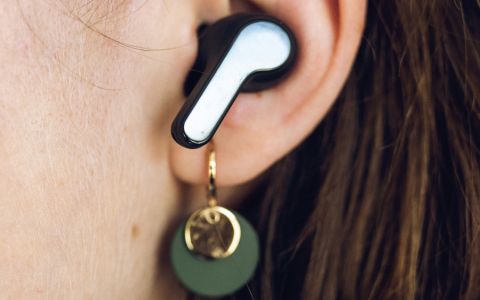31 May 2022, Bangkok/Prague – EARTH Thailand, together with the Arnika Association (Czech Republic) and the International Pollutants Elimination Network (IPEN) [1], will call on the Thai government to enforce stricter limits for hazardous substances in waste at the upcoming Conference of the Parties (COPs) to the Basel, Rotterdam, and Stockholm Conventions in Geneva [2]. According to the environmentalists, the damage caused by the continuous pressure from imported waste cannot be solved solely by the Thai government, and a united international initiative is needed to protect people’s health and the environment.
The amount of waste imported into Thailand has increased rapidly since the Chinese government imposed a ban on imports of plastic waste in 2017. As a result, Thai communities are suffering from the processing of imported waste, which constitutes a high environmental burden. Thai and Czech NGOs revealed a high level of dioxins, a class of persistent organic pollutants (POPs), in the soil near the Khao Hin Son recycling plant. The level of chlorinated dioxins was twenty times higher than the background level in soils in Thailand. Furthermore, brominated dioxins and brominated flame retardants have been found in the samples. [3]
“The factory has become a source of dioxins. Electronic waste, which is being processed there, contains a number of substances that are hazardous to health and the environment, such as various heavy metals, flame retardants, etc. In addition, the processing of the e-waste often produces other persistent organic pollutants – substances with an almost infinite lifespan that harm human health and the environment,” says Penchom Saetang, the Executive Director of EARTH Thailand. Recycling POPs containing waste also leads to the poisoning of the circular economy, as the new products made of recycled plastic stay contaminated with POPs.
According to the environmentalists, the Thai government should support the suggestion for stricter levels for POPs in waste proposed by 53 African countries at the upcoming Conference of the Parties to the aforementioned conventions in June. The limits of whether or not waste is hazardous according to the Stockholm Convention will be specified at the meeting. The stricter international limits will help Thailand prevent the import of hazardous waste into the country. “It's about starting to call things by the right name, and not pretending that waste that contains dangerous substances such as dioxins or toxic brominated flame retardants does not represent a health threat to people and the environment. Thailand should join the African countries in fighting toxic waste imports into developing countries,” recommends Mirka Jopková, the project coordinator from the Arnika Association.
Disclaimer: This press release was created and maintained with the financial support of the European Union. Its contents are the sole responsibility of the Arnika Association and EARTH Thailand and do not necessarily reflect the views of the European Union.
“Public participation through citizen science and EIA system enhancement” projects funded by the European Union (EU) and co-funded by the Ministry of Foreign Affairs of the Czech Republic within the Transition Promotion Program.


[1] EARTH and Arnika are members of IPEN (International Pollutants Elimination Network), a global network of public interest organizations improving chemical policies and raising public awareness to ensure that hazardous substances are no longer produced, used, or disposed of in ways that harm human health and the environment. Read more at https://ipen.org/
[2] The import and treatment of hazardous waste are limited by international conventions. Nevertheless, there are legal loopholes that put unnecessary burdens on health and the environment, such as a too-benevolent Low POPs Content Level. Low POPs Content Levels (LPCLs) define the value at which waste is considered to be POPs waste and therefore must be “Disposed of in such a way that the persistent organic pollutant content is destroyed or irreversibly transformed” (Article 6.1 d ii, Stockholm Convention). LPCLs are crucial for defining appropriate methods and options for POPs waste disposal, but it also defines which waste cannot be exported from developed to developing countries.
A meeting of signatories (including representatives of the Thai government) of three major international conventions - Basel, Rotterdam, and Stockholm - will take place in Geneva on 6 and 17 June 2022, addressing toxic substances, environmental pollution, and transboundary movement of hazardous waste.
[3] Results of analysis of soil sample near the Khao Hin Son recycling plant








